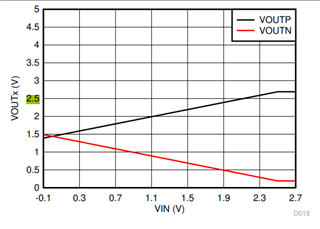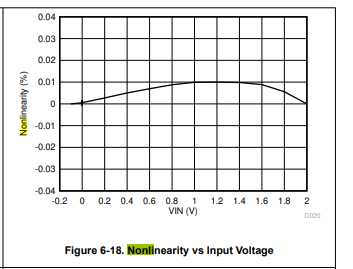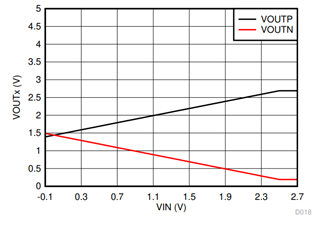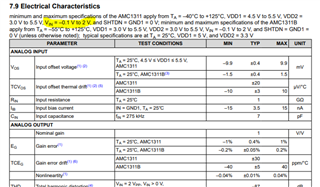Tool/software:
Hello,
In the datasheet of the AMC1311QDWVRQ1, when describing the linear input voltage range it mentions that between 2 and 2.5 V the "differential output continues to increase with reduced linearity".
Do we have measurements or data about the linearity region?

thank you
Bests
Oscar






